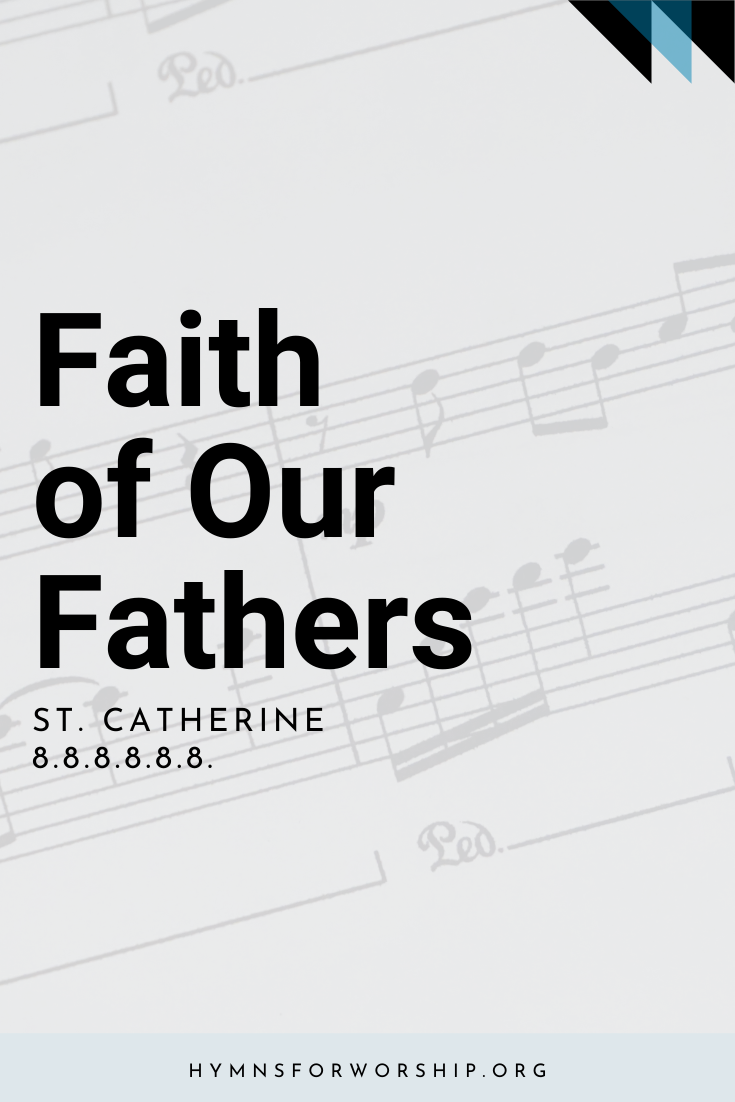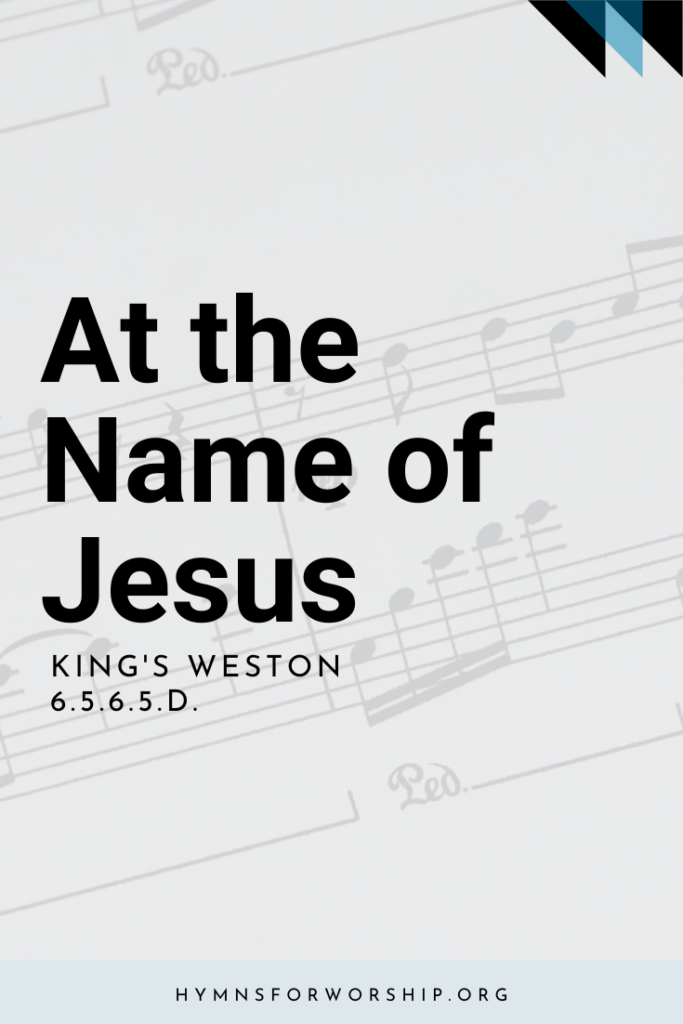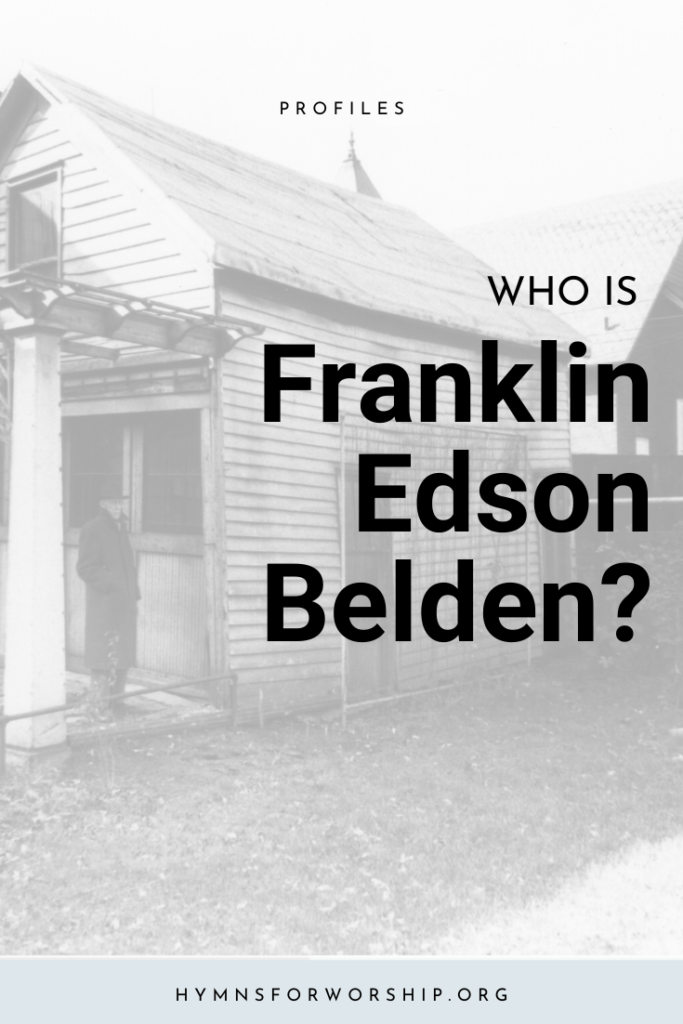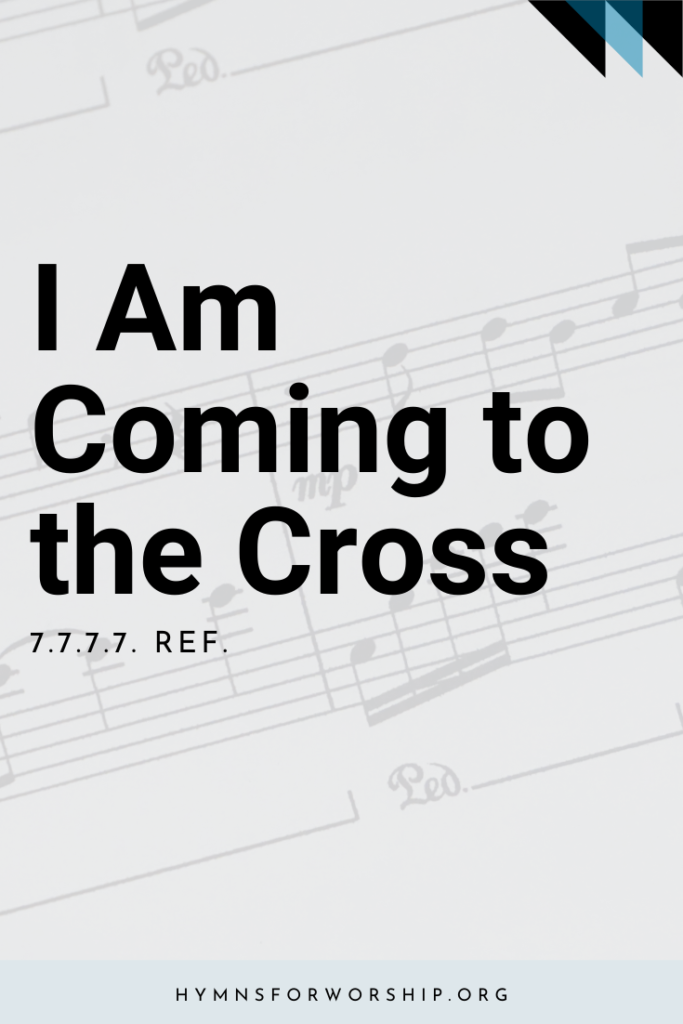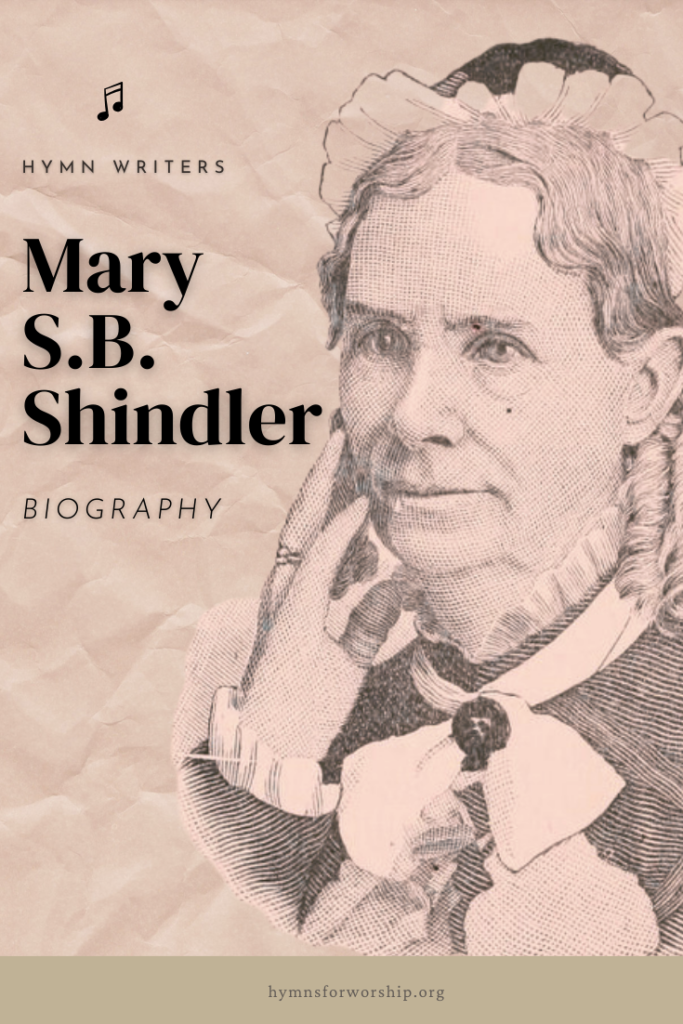GOSPEL >> Consecration
SDAH 304
O Jesus, I have promised
to serve thee to the end;
be thou forever near me,
my Master and my friend.
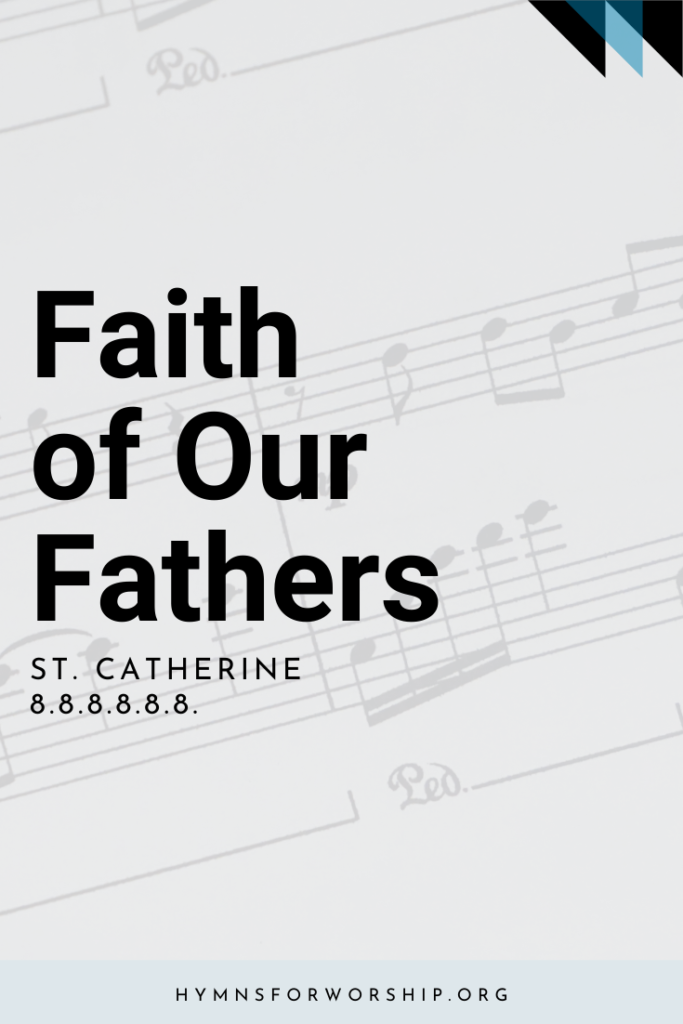

Text
1
Faith of our fathers, living still,
In spite of dungeon, fire and sword;
O how our hearts beat high with joy
Whenever we hear that glorious Word!
Faith of our fathers, holy faith!
We will be true to thee till death.
2
Our fathers, chained in prisons dark,
Were still in heart and conscience free:
How sweet would be their children’s fate.
If they, like them, could die for thee!
Faith of our fathers, holy faith!
We will be true to thee till death.
3
Faith of our fathers, we will love
Both friend and foe in all our strife;
And preach Thee, too, as love knows how
By kindly words and virtuous life.
Faith of our fathers, holy faith!
We will be true to thee till death.

Hymn Info
Biblical Information
(a) Heb 11:34, 36 (c) Matt 6:44
Author
Frederick W. Faber (1814-1863)
Year Published
1849
Hymn Tune
ST. CATHERINE
Metrical Number
8.8.8.8.8.8.
Composer
Henri F. Heny (1818-1888)
Altered
James G. Watson, 1874 (1821-1905)
Year Composed
1864
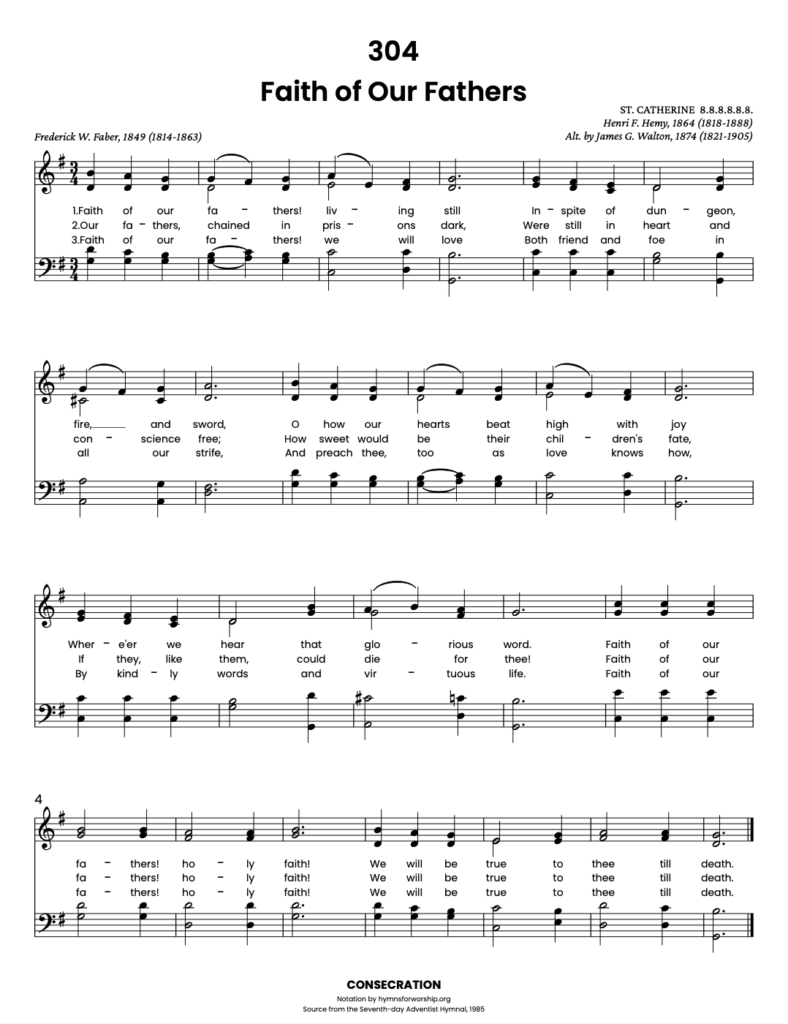
Notes
Make each hymn more meaningful with these helpful tools: Short, ready-to-use hymn introductions for church bulletins, multiple ways to introduce a hymn based on your worship theme and in-depth history and insights to enrich your song service.

